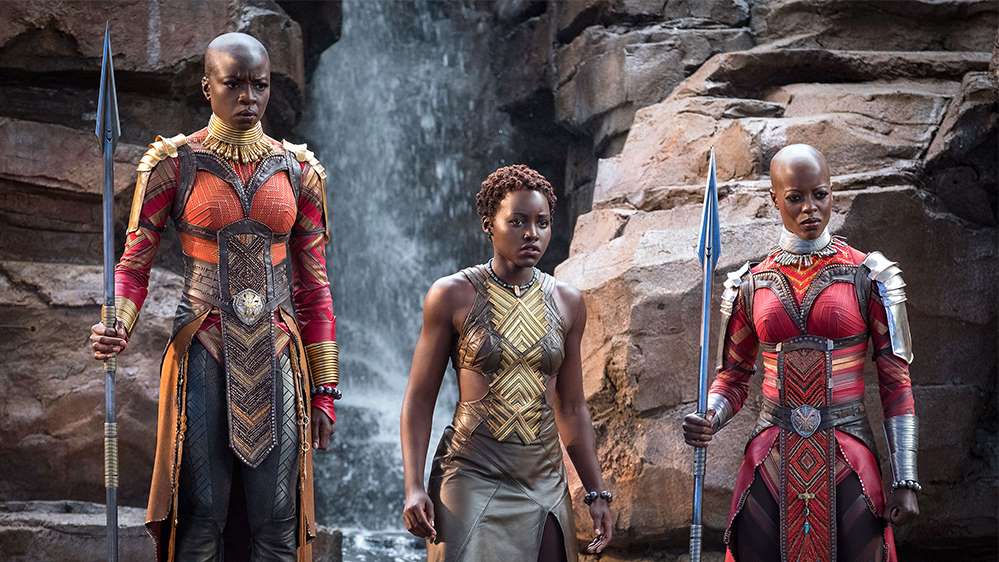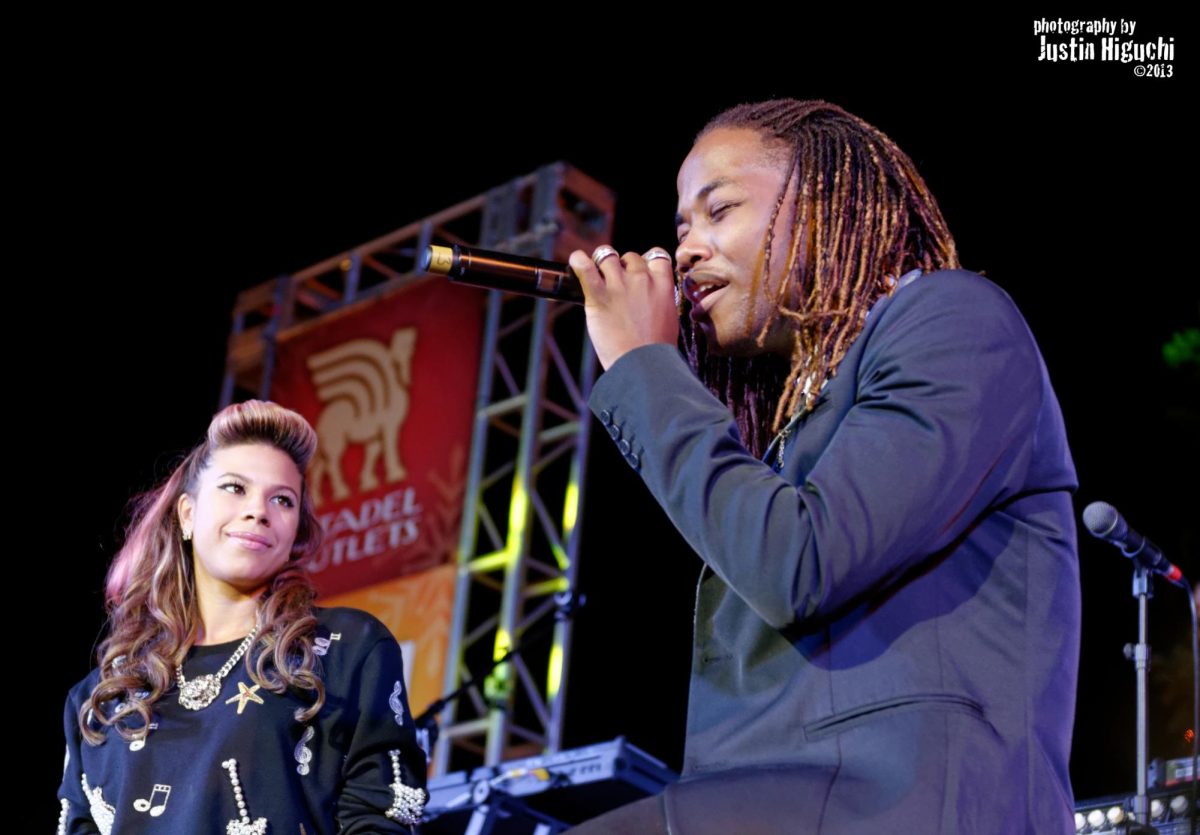Last year, the superhero action movie of the year was “Wonder Woman,” which changed the action film landscape forever by focusing on a female action hero. This had never been done in any of the superhero franchises. Additionally, “Wonder Woman” was lauded for its direction by woman in an industry where only 8.8 percent of directors are female. The movie has helped inspire a new generation of women and young girls after decades of male-driven and directed films.
Similarly, the recently released action film “Black Panther” has received much of the same praise but in a different vein. Its acclaim stems from its its celebration and inclusion of an all black cast, director and screenwriters. Like “Wonder Woman,” “Black Panther” has broken box office records and is estimated to gross over one billion dollars while also garnering critical praise and the announcement of a sequel. “Black Panther” is a celebration of black excellence and African unity. Black directors make up roughly 13 percent of all directors, making it difficult to name many mainstream movies with a black lead or screenwriters. After years of #OscarsSoWhite, “Black Panther” rides on the wave of success of “Get Out,” the popular Academy Award-winning film on racial issues, opening up the door for more black cinema.
However, I have not heard people discussing feminism in “Black Panther” and the strong female characters Nakia (Lupita Nyong’o), Okoye (Danai Gurira) and Shuri (Letitia Wright). Nakia is the love interest of T’Challa (Chadwick Boseman) and works as a spy on behalf of Wakanda. Okoye is a fierce and skilled warrior and the head of the all-female team of bodyguards that protects the ruler of Wakanda. Shuri is T’Challa’s genius scientist little sister and serves as Q to T’Challa’s James Bond. Each of these characters represents a different relationship with T’Challa and represents a different archetype that is rarely see portrayed by women or POC. These characters go beyond the arm candy role we typically see women play in action movies and are incredibly complex, enlightening, funny and powerful.
The rich and complicated female characters in “Black Panther” represent more realistic portrayals of women than those in “Wonder Woman.” I found the titular character in “Wonder Woman” to be quite bland and her motivations weak. Her romantic interest also happens to be the first man she ever sees, and in her dying moments she thinks of him instead of her mother or the women who raised her. The women of Wakanda are very different. Shuri is playfully rude to her brother but also respects him and is willing to do anything to help him along the way. They may not always get along, but they both love each other and their sibling dynamic is one of the most realistic ones I have seen portrayed in film. It is refreshing to see a young, female scientist who is charming and also serves as comic relief. Shuri defies the stereotype that those who are smart and nerdy cannot also be humorous and cool.
Okoye rejects western forms of femininity by refusing to wear a wig. When needed, she has the agency to refuse the king’s orders because her loyalty is to Wakanda and its people. She is a smart and skilled fighter on top of her quick wit and resourcefulness. This is something we rarely see in “Wonder Woman.” For most of the movie, Diana (Gal Gadot) happily goes along with whatever Steve Trevor (Chris Pine) suggests, only disobeying his commands in regards to decisions about battle and offense. She lacks the agency to make any decisions for herself. Okoye, on the other hand, is able to undermine her position as protector of the king but switch to protector of Wakanda by fighting against the usurper, Killmonger (Michael B. Jordan), after she boldly decides on behalf of the people what is best for them.
Furthermore, Nakia helps T’Challa on missions and with his reign. Speaking to “Variety,” Nyong’o said that “Wakanda offers us a glimpse into the world as it could be — self-determined and developed on their own terms without the interruption of colonialism. [It] has figured out how to make the most of all its citizens.” She is certainly right. Her introduction to the film is her on a mission to save enslaved women in Nigeria. She consistently rebuffs T’Challa’s advances to be the queen as she prioritizes her own work over being queen.
“Black Panther” also goes farther than “Wonder Woman” with its inclusion of several women in key crew positions, which “Wonder Woman” failed to do. Most notable is the choice of cinematographer, Rachel Morrison. Morrison is the only woman to ever be nominated for cinematography at the Oscars, and women represent only two percent of cinematographers. “Black Panther” goes above and beyond, even further than “Wonder Woman” to include and represent both POC and women in an industry in which they have been historically invisible.




